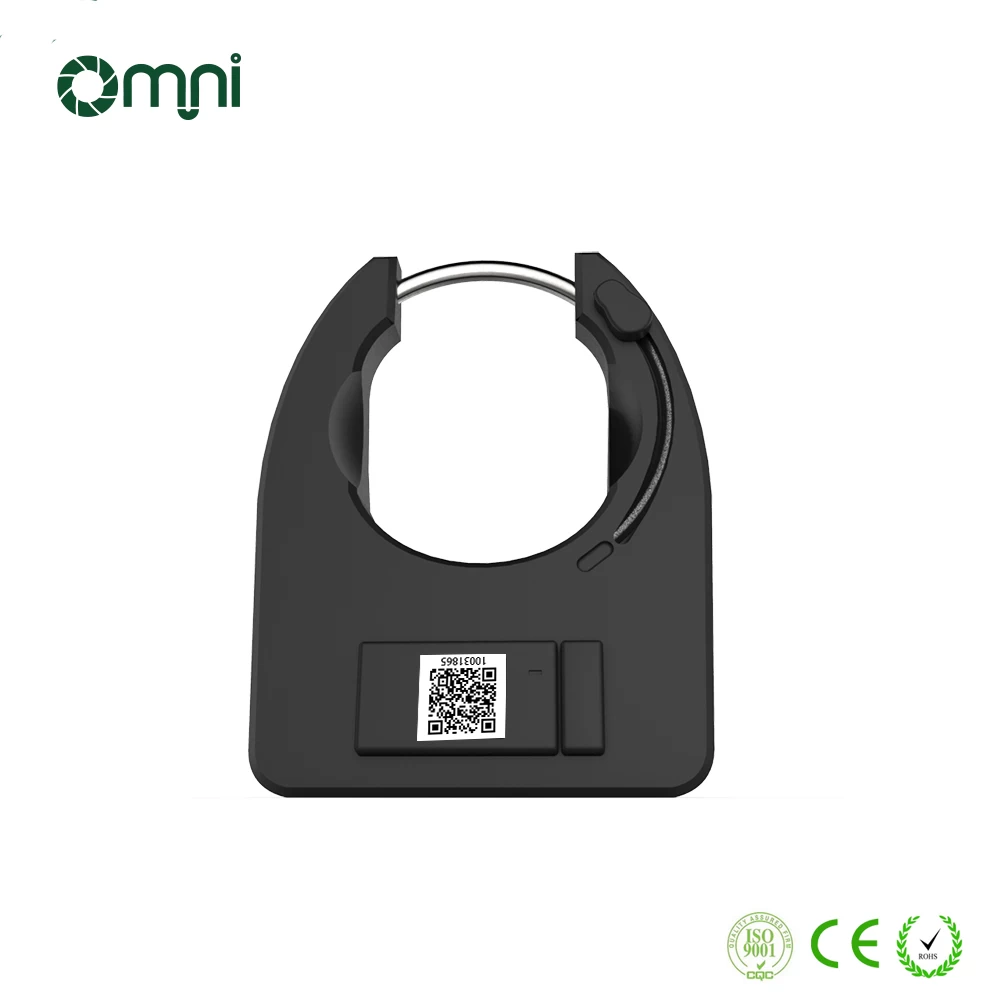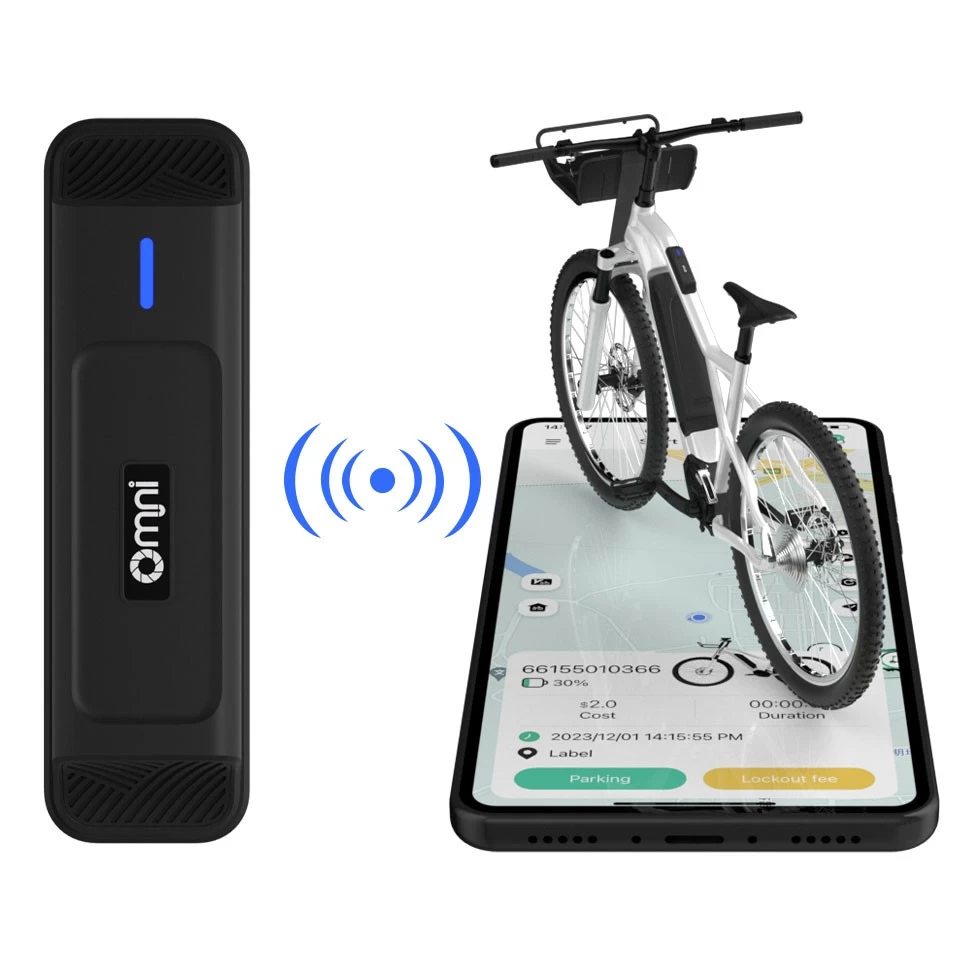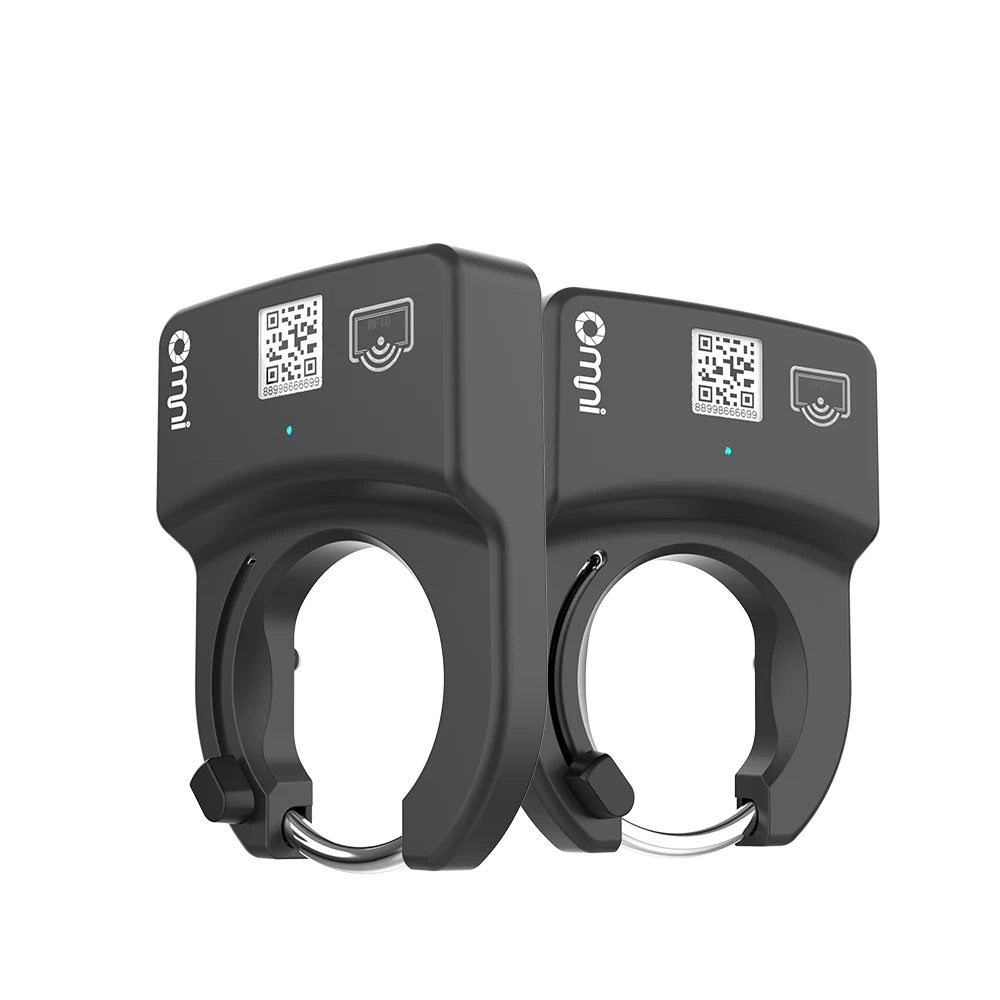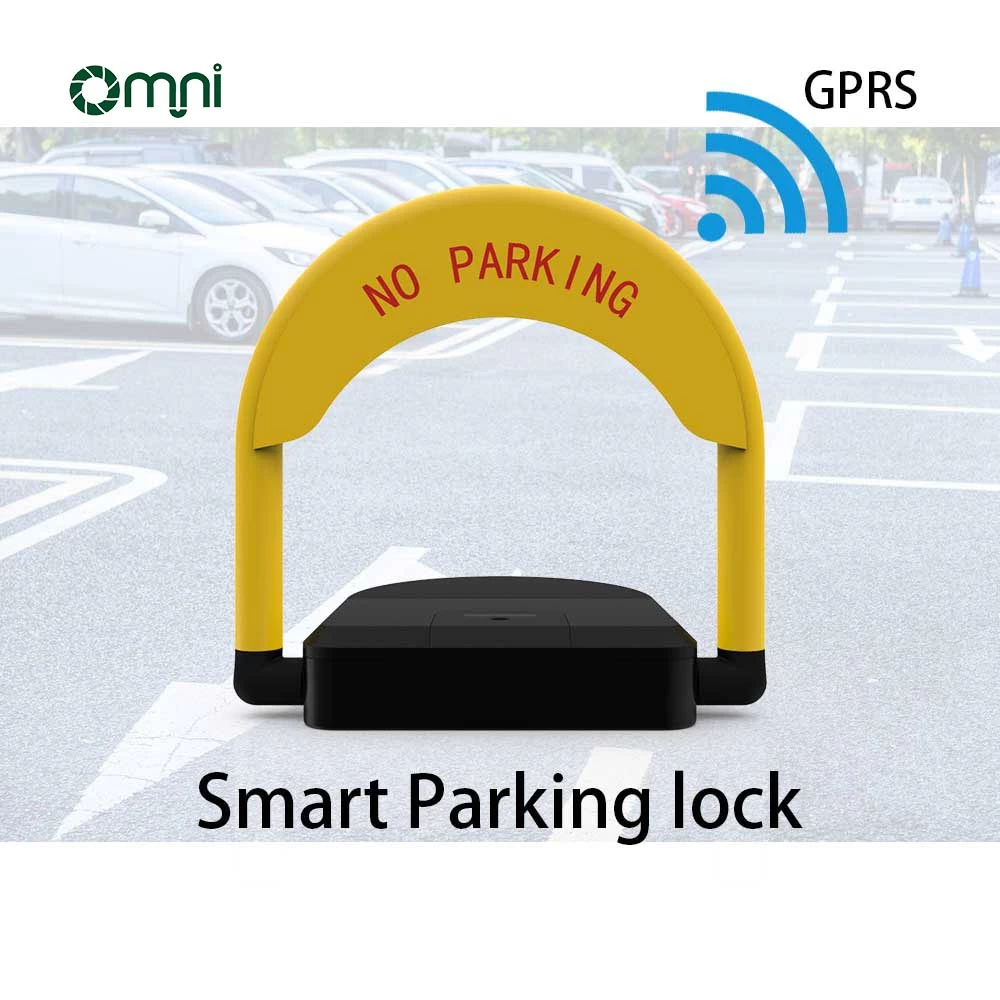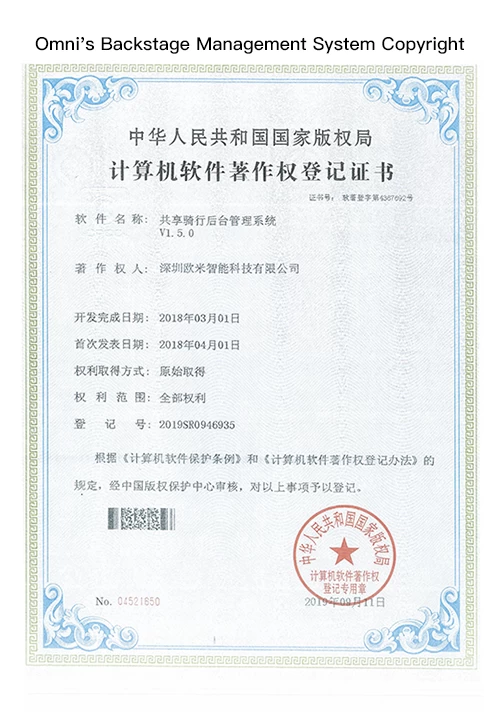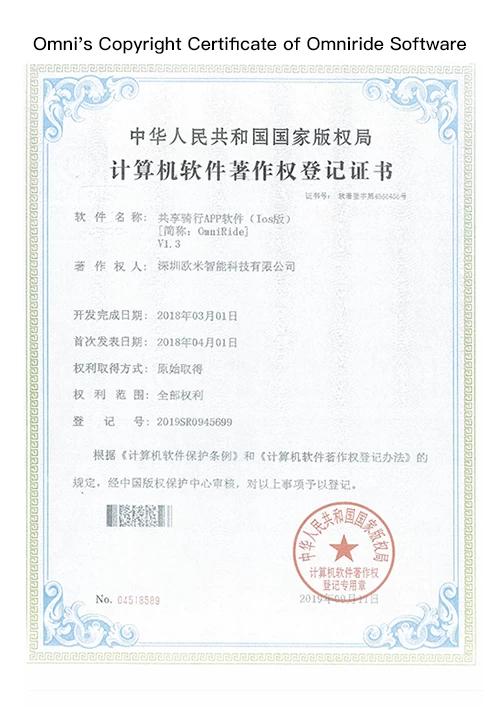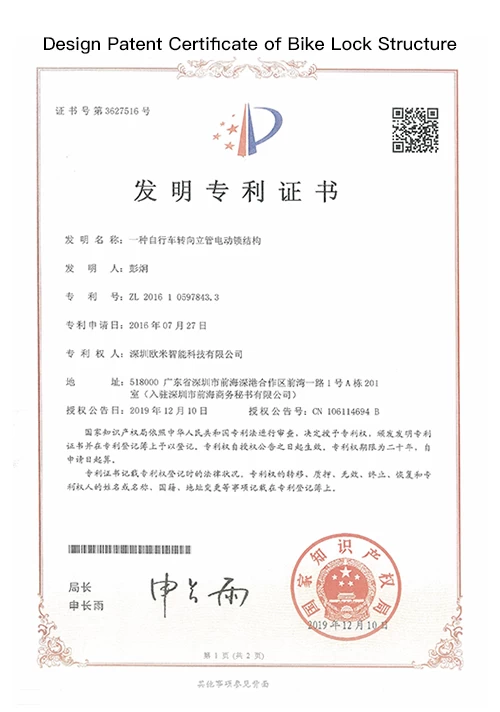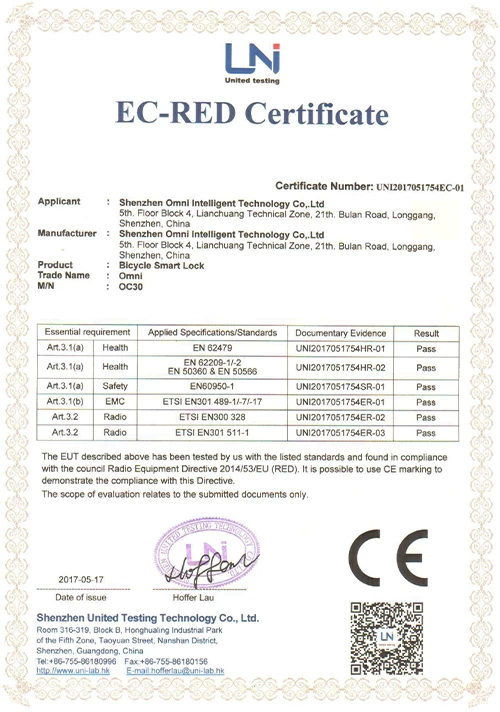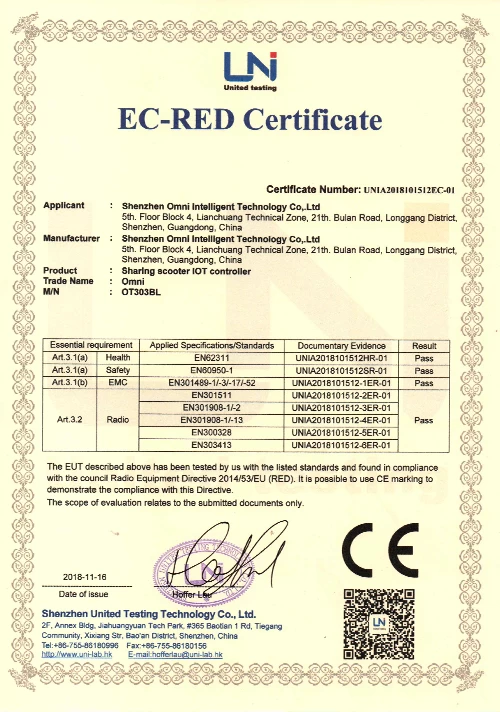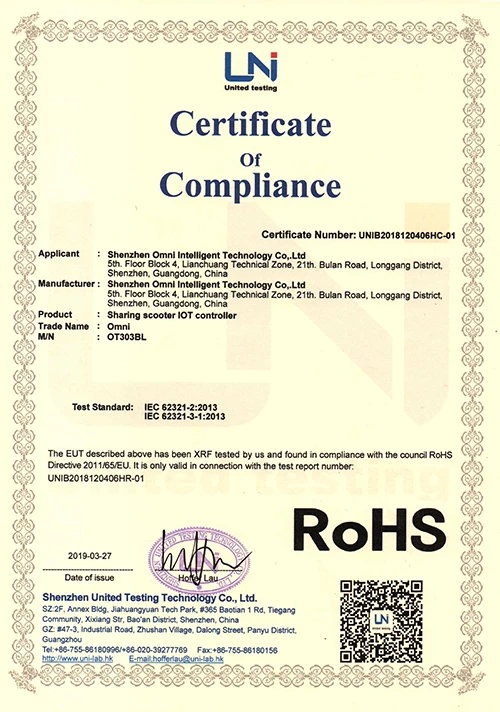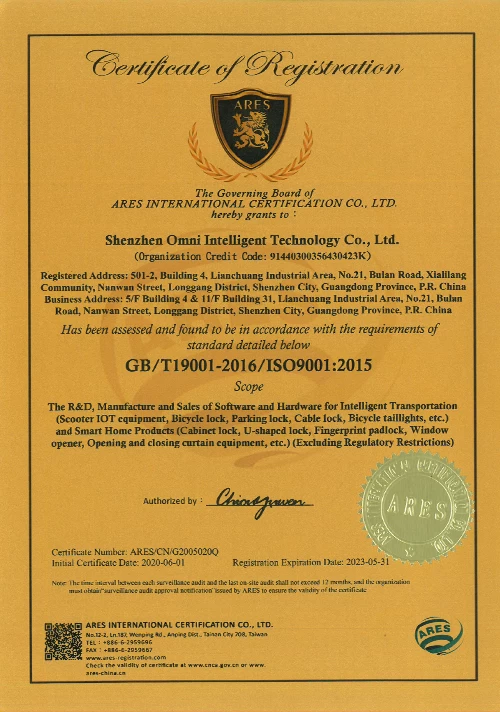How to Utilize Digital Platforms to Achieve Smart Shared Electric Bikes?
Digital platforms play a crucial role in the most efficient electric bike system for achieving smart shared electric bikes.
Enhanced Management Efficiency
Digital platforms enable real-time monitoring and management of shared electric bikes,including tracking vehicle location,status,and battery levels,thereby enhancing management efficiency.
Optimized Operational Strategies
By analyzing big data,platforms can identify user travel habits,peak hours,and popular areas,optimizing vehicle dispatch and deployment strategies for improved operational efficiency.
Improved User Experience
Digital platforms offer user-friendly interfaces for easy bike searching,booking,and renting,enhancing the overall user experience.
Cost Reduction
Smart scheduling and management via digital platforms can reduce vehicle loss rates and maintenance costs,thereby improving the profitability of shared electric bikes.
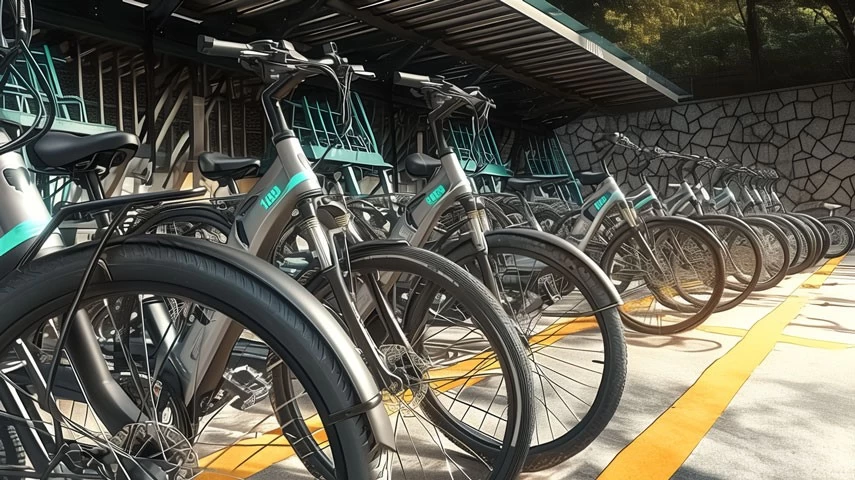
Support for Urban Planning
Digital platforms provide valuable data for urban traffic planning,aiding city managers in understanding traffic flow and travel demands,ultimately optimizing urban traffic planning.
And,the most important thing is that we need to know how to achieve smart shared electric bikes.Here are two big factors.
Smart Scheduling with Big Data and Cloud Platform Technology
OMNI's shared electric bike management platform utilizes big data analysis to forecast supply and demand.By visualizing vehicle flow within operating areas and monitoring real-time population distribution,the platform dynamically adjusts supply and demand to prevent bike congestion.This enables the provision of scientific strategies for vehicle deployment,scheduling,and maintenance,enhancing operational efficiency and providing precise data support for shared micro-mobility management in cities.
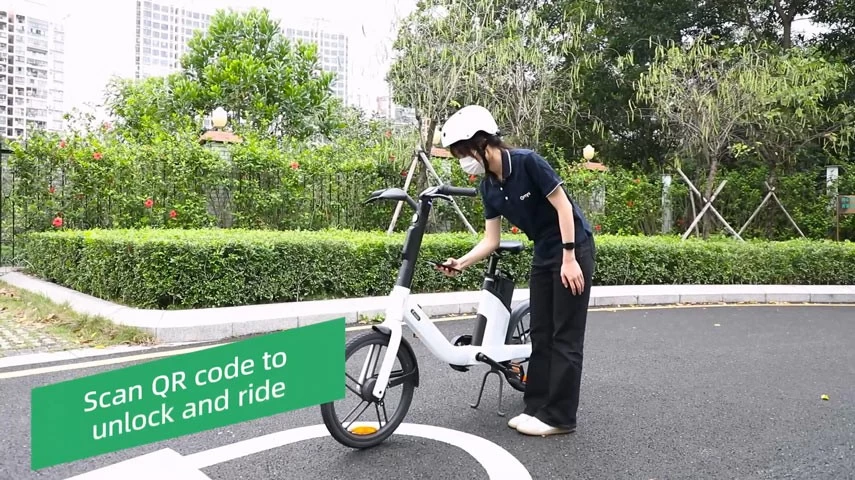
Digital Platforms Empowering Urban Planning
OMNI's shared electric bike cloud platform records comprehensive visualized data reports,assisting transportation authorities in analyzing urban traffic system issues.This aids in improving slow transportation systems,optimizing the density of existing bus stops,and supplementing demand for remote route bus lines,thus reducing public transportation construction costs and enhancing the efficiency of existing resources.Combined with the company's regulatory platform,this facilitates intelligent supervision of shared two-wheelers,optimizes urban parking spot construction,and addresses traffic congestion issues.With the widespread application of technologies such as big data,artificial intelligence,and the Internet of Things,the company's platform will further integrate with other urban and transportation management systems,contributing to smart transportation construction,improving travel efficiency,ensuring traffic safety,and jointly developing multi-level urban travel service systems.





